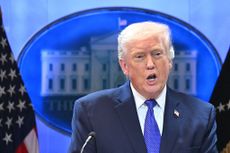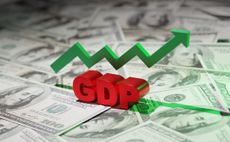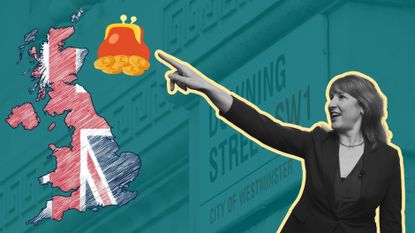Economy
The latest news, updates and features on the UK economy, the impact of what's happening in the US economy and other economic stories from around the world. Expert analysis and opinion from MoneyWeek.
Explore Economy
-

Why India is well placed for recovery after a bruising 2025
Sponsored by Aberdeen
By MoneyWeek Published
-

UK small-cap stocks ‘are ready to run’
Opinion UK small-cap stocks could be set for a multi-year bull market, with recent strong performance outstripping the large-cap indices
By Max King Published
Opinion -

The scourge of youth unemployment in Britain
Youth unemployment in Britain is the worst it’s been for more than a decade. Something dramatic seems to have changed in the labour markets. What is it?
By Simon Wilson Published
-

What does the latest tariff turmoil mean for markets?
The legal underpinning for Trump’s ‘reciprocal’ tariff regime was rejected by the US Supreme Court last week, but the president has unleashed fresh turmoil on the markets. What does it mean for investors?
By Dan McEvoy Last updated
-

In defence of GDP, the much-maligned measure of growth
GDP doesn’t measure what we should care about, say critics. Is that true?
By Stuart Watkins Published
-

Reach for the stars to boost Britain's space industry
opinion We can’t afford to neglect Britain's space industry. Unfortunately, the government is taking completely the wrong approach, says Matthew Lynn
By Matthew Lynn Published
opinion -

CPI vs RPI inflation: what is the difference between ONS measures?
The Office for National Statistics calculates CPI, RPI and CPIH each month. What are they and what do they reveal about UK inflation?
By Sam Walker Last updated
-

What is inflation and how does it affect you?
The latest inflation figures are released each month. What is inflation and how does it impact your personal finances?
By Daniel Hilton Last updated
-

UK inflation forecast: where are prices heading next?
UK inflation fell sharply in January. Is price growth expected to fall further in 2026, and when will inflation go back to the 2% target?
By Daniel Hilton Last updated
